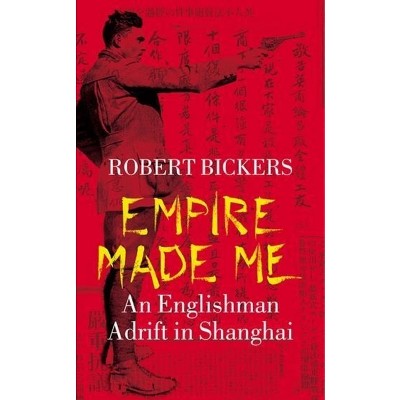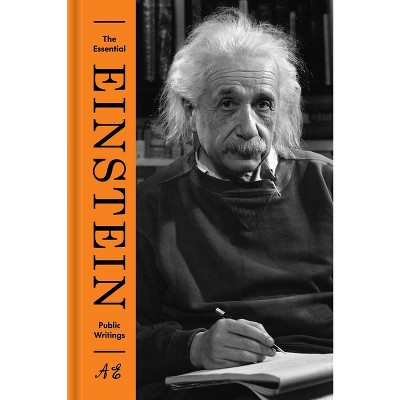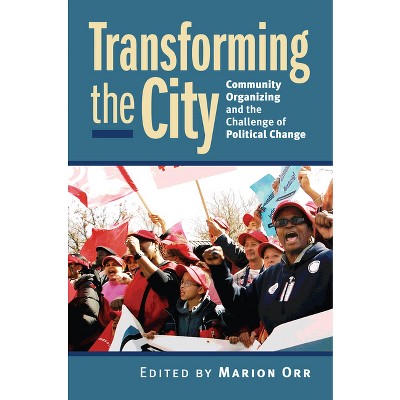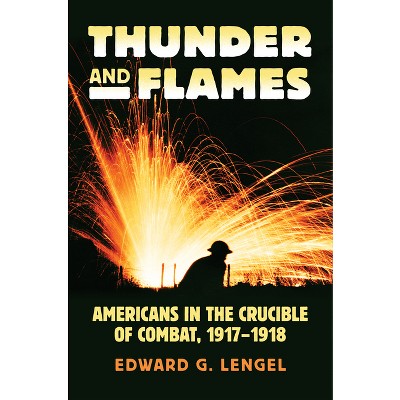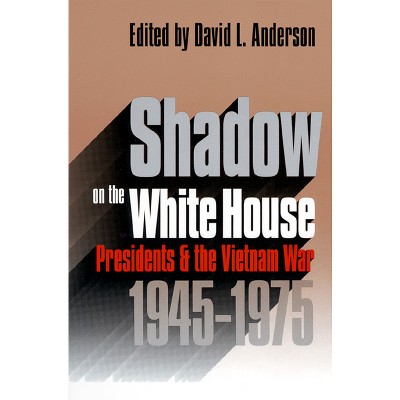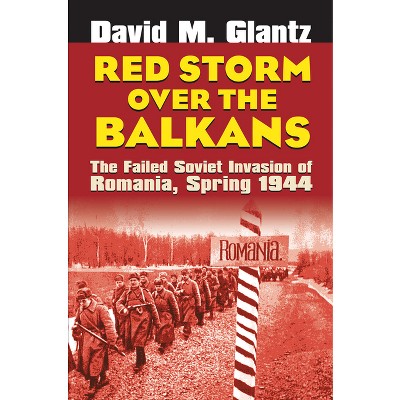Sponsored

Facing the Victorious Turks - (Modern War Studies) by Andrew Orr (Hardcover)
In Stock
Sponsored
About this item
Highlights
- At the end of World War I, parts of the defeated Ottoman Empire were seized and partitioned by the Allied Powers.
- Author(s): Andrew Orr
- 256 Pages
- History, Middle East
- Series Name: Modern War Studies
Description
About the Book
"In Facing the Victorious Turks, Andrew Orr argues that French military, intelligence, and diplomatic officials' Orientalism and racism led them to misunderstand the Turkish War of Independence by placing Europeans at the center of their analysis of the Middle East. French observers' flawed understanding of Muslims and Islam fed conspiracy theories that distorted their understanding of Germany, the emerging Soviet Union, Middle Eastern politics, and colonialism. It allowed them to perceive and report the danger of Middle East-wide revolts without questioning whether it was European rule itself that was causing the political turmoil. French military leaders were thus able to escape the sort of self-reflection that might have exposed the exploitative nature of colonialism and pushed them to question the moral and strategic justifications for colonial rule"--Book Synopsis
At the end of World War I, parts of the defeated Ottoman Empire were seized and partitioned by the Allied Powers. In response, the newly formed Turkish National Movement waged a military campaign to win Turkey's independence, eventually leading to the declaration of the Republic of Turkey in 1923.
In Facing the Victorious Turks, Andrew Orr argues that French military, intelligence, and diplomatic officials' Orientalism and racism led them to misinterpret the Turkish War of Independence by placing Europeans at the center of their analysis of the Middle East. French observers' flawed understanding of Muslims and Islam fed conspiracy theories that distorted their understanding of Germany, the emerging Soviet Union, Middle Eastern politics, and colonialism. It allowed them to perceive and report the danger of Middle East-wide revolts without questioning whether it was European rule itself that was causing the political turmoil. French military leaders were thus able to escape the sort of self-reflection that might have exposed the exploitative nature of colonialism and pushed them to question the moral and strategic justifications for colonial rule.
Orr's study draws on French and British military, diplomatic, and intelligence documents, published Turkish sources, journalistic accounts, and combatants' and aid workers' journals. It also takes advantage of US intelligence and diplomatic papers that included correspondence with French military and diplomatic officials in Constantinople.
Facing the Victorious Turks is valuable reading for anyone interested in nationalism and imperialism, intelligence studies, French involvement in the Middle East, and modern Turkish history.
Review Quotes
"A welcome addition to the field. Recommend[ed] to those interested in the Turkish War of Independence, post-WWI Anglo-French relations, and the geopolitics of the interwar Eastern Mediterranean."--Journal of Military History/i>
"In Facing the Victorious Turks, Andrew Orr skillfully presents readers with a truly transnational history, connecting West to East via the Middle East, offering insight into histories of intelligence agencies, military activity, nationalism, and the geopolitics of key regional players. The book provides a new perspective on the rise of Turkish nationalism by viewing it through the lens of French officials and intelligence agents, therein contributing a cutting-edge analysis to the growing field of intelligence studies. With extensive use of archival sources and intelligence products, Orr adeptly displays the erroneous tracks reached by French officers who misjudged Mustafa Kemal as a result of their own biases, goals, and perceptions."--Deborah Bauer, author of Marianne is Watching: Intelligence, Counterintelligence, and the Origins of the French Surveillance State
"Orr offers fresh insights into the French decision-makers' attempts between early 1920 and late 1921 to make sense of Mustafa Kemal leading the Turkish War of Independence (1919-1923) in Anatolia to salvage the defeated Ottoman Empire. Mustafa Kemal's wartime rhetoric and diplomacy puzzled the French as they tried to understand his true ideological leanings and political stance on Pan-Islamism, the Bolsheviks, Germans, and the British. Orr deciphers how contemporary Orientalist prejudices and imperial insecurities led most French military, diplomatic, and intelligence officials in Paris and on the ground to misinterpret Mustafa Kemal and his nationalist movement. Orr also demonstrates how, ultimately, the French leadership went against the prevalent anti-Kemalist stance and opted to strike a deal with Mustafa Kemal in October 1921. Orr's book is set to be among the essential readings on the post-World War I French involvement in the Middle East, Franco-Turkish relations, and Mustafa Kemal before he became 'Atatürk.'"--Ahmet S. Akturk, associate professor of history at Georgia Southern University
"Andrew Orr's Facing the Victorious Turks makes important contributions to our understanding of international relations in the aftermath of the First World War. French military and political officials feared what they saw as the three-headed hydra of Panislamism, Bolshevism, and German geopolitical ambition, combining to threaten France's colonial empire and interests in the Middle East. These fears were more imagined than real, yet drove French policy. Ultimately and surprisingly, they resulted in France moving from open opposition and even warfare against the emerging Turkish Nationalist movement under Mustafa Kemal, to reconciliation and even support that preserved French interests in the region and beyond. Orr's work illuminates this complex history in an engaging and convincing analysis."--Richard S. Fogarty, author of Race and War in France: Colonial Subjects in the French Army, 1914-1918
"A perceptive analysis of the dynamic post-Great War interplay of French imperial ambitions, the 'Orientalist' strategic culture of French military intelligence, the contingent nature of France's 1918 victory over its hereditary Teutonic foe, and the perceived threats--both domestic and geopolitical--posed by the Bolshevik Revolution. Andrew Orr provides an essential starting point for a historical analysis of the modern Levant."--Douglas Porch, author of Counterinsurgency: Exposing the Myths of the New Way of War
Shipping details
Return details
Frequently bought together
Trending Non-Fiction






